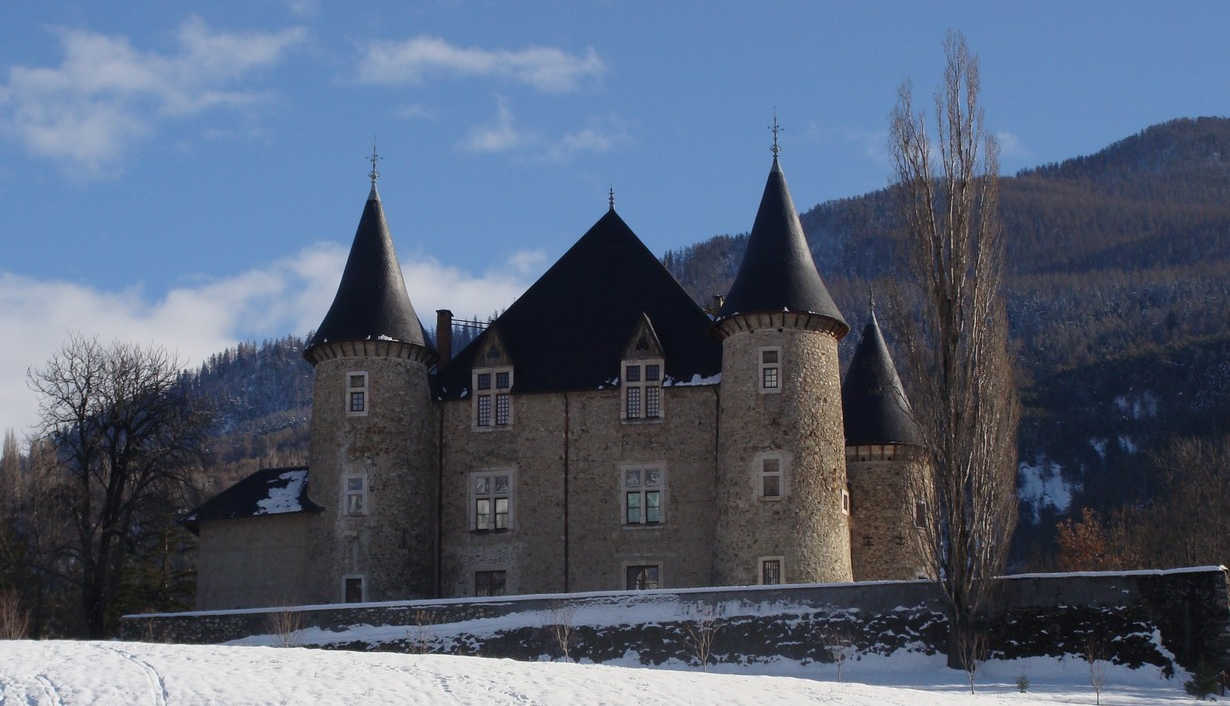
When workers took up the floorboards of a French alpine chateau in the early 2000s, they found penciled messages on their undersides. “Happy mortal,” one read. “When you read this, I shall be no more.” Elsewhere the same hand had written, “My story is short and sincere and frank, because none but you shall see my writing.”
It appears that the carpenter who had installed the floor, Joachim Martin, had written 72 message in pencil to be read by a future generation. “These are the words of an ordinary working man, a man of the people,” Sorbonne historian Jacques-Olivier Boudon told the BBC. “And he is saying things that are very personal, because he knows they will not ever be read except a long time in the future.”
The messages concern events in the rural community of Les Crottes, outside the walls of the Château de Picomtal, whose parquet floor Martin had laid. Among other things, he reveals that he overheard the mistress of one of his friends giving birth in a stable one midnight in 1868. “This [criminal] is now trying to screw up my marriage. All I have to do is say one word and point my finger at the stables, and they’d all be in prison. But I won’t. He’s my old childhood friend. And his mother is my father’s mistress.”
Unfortunately, almost nothing is known about Martin. He lived from 1842 to 1897, he had four children, and he played the fiddle at village fetes. But he found a way to avoid being forgotten.
